Law360, New York (November 24, 2015, 3:03 PM ET) —
Food, chemicals and logistics companies from Mexico, Belgium and Spain are investing $50 million and launching operations in early 2016 within the Mariel Special Development Zone, Cuba’s new mega-port project 28 miles west of Havana. These companies — two each from Mexico and Belgium and one from Spain — rank among the first foreign-based investors in the zone, whose infrastructure is being jointly developed by Cuba and the Brazilian government.
This past spring, Cuba welcomed a British government-led “Cuba Initiative” that brought executives from 32 U.K. companies on an exploratory business visit that reportedly produced investment agreements in energy, agriculture and tourism infrastructure sectors, including the construction of a $400 million golf course. And the Ministry of Foreign Trade and Investment in Cuba has now publicly listed on the Internet additional infrastructure projects seeking foreign investors.
This is the face of Cuba today — and it is changing rapidly. Some 60 years ago the Cuban Revolution (1953-1958) delivered radical and pervasive social and political upheaval, along with powerful domestic and international repercussions, including a decades-long scarcity of infrastructure investment. Cuba today lacks even modest telecommunications and modern transport networks needed to support the new business and trade it seeks to jump-start its economy. To address its crumbling infrastructure challenge, the Cuban government under Raul Castro has now opened the door wide and hung a sign proclaiming: Foreign Investors Welcome.
Meanwhile, U.S. investors will have to wait on the sideline. Optimistically, some are conceptualizing their investment strategies to get a head start in the Cuban market in the wake of renewed diplomatic relations between the U.S. and Cuba. Indeed, Cuba’s creaking infrastructure should be an area ripe for U.S. investors — eventually. But how long until the restrictions and limitations of the U.S. embargo are lifted is anyone’s guess. Although the warming of relations between the two countries is a positive sign, in reality it is not yet a green light for U.S. investments. The reality is that the 1962 U.S. embargo on Cuba, and more, still exists.
U.S. Sanctions
The U.S. sanctions on Cuba — a collection of prohibitions and restrictions on trade and investment – have been in effect for more than 50 years. And they have escalated over time to include even greater restrictions. Although the U.S. has recently eased some limitations on remittances, travel and banking, restrictions on investments, specifically in the infrastructure sector, are still in place. Currently more roadblocks than welcome signs face U.S. investors, preventing Cuba from truly opening up for them. Some businesses question whether they will ever be able to invest in the infrastructure sector of Cuba. Others ask, what are we waiting for? The answer is this: A repeal of the U.S. Helms-Burton Act. This is no small task.
What the Helms-Burton Act Means to U.S. Investors
In March 1996 after two U.S. civilian planes were shot down by Cuba, the U.S. adopted the Helms-Burton Act under then-President William J. Clinton. Essentially, the act not only targets sanctions on Cuba but also punishes U.S. allies who trade with and invest with it. The repercussions are quite complex and multifaceted. It is this act that severely restricts lifting sanctions on Cuba.
In effect, the act strengthened and codified the economic sanctions on Cuba and made the embargo an explicit law to reinforce those sanctions. Prior to the enactment of Helms-Burton, the U.S. trade embargo on Cuba had never been officially designated by law but rather upheld by a series of presidential executive orders.
And although U.S. President Barack Obama has relaxed certain aspects of the U.S. embargo under similar executive orders, the Helms-Burton Act places limits on his authority to loosen it further. Full relaxation of the U.S. embargo will require an act of Congress. And even if that were to transpire, other sanctions triggered by the law would remain in place until they are also repealed by the U.S. Congress. For investors seeking clarity, a major repeal such as this is not likely to happen quickly, as not all congressional leaders support the opening of diplomatic relations. Several congressional leaders have voiced complete opposition citing human rights issues in Cuba and have expressed their intention to block any further steps toward expanding relations, including a repeal of the law, until those rights are fully restored.
Time will only tell how things progress, but for now the Cuban embargo remains in full effect and its provisions must be carefully followed. For U.S. investors, the Helms-Burton Act includes provisions to increase the economic isolation of Cuba by imposing penalties upon persons who engage in proscribed economic relations with Cuba. Potential investors should therefore understand the risks associated with this act as part of any Cuban investment strategy. Although warming relations have not yet resulted in a Helms-Burton Act repeal, it does suggest a gradual or piecemeal lifting of the embargo, meaning that at this point U.S. investors can remain hopeful in the long term.
The Impact of Cuba’s New “Foreign Investment Law” on U.S. Investors
Could positive policy changes from Cuba’s side benefit U.S. investors? In a word, “no.” It is true that the passing of the new foreign investment law (Law No. 118) in Cuba creates a favorable business climate for foreign investors. However this currently has no impact for U.S. investors, who, as noted above, are barred from participation generally.
Investors from many other countries, such as Canada, Brazil and the U.K. have actively invested in Cuba in recent years, but in order for a U.S. investor to participate in any infrastructure project would require that they enter into a contract with the Cuban government, which is forbidden under the current embargo. For this reason, U.S. businesses cannot take advantage of the new investment law in Cuba.
Should the Risk of FCPA Violation be of Any Additional Concern to U.S. Cos?
The risk of a Foreign Corrupt Practices Act violation is most definitely a concern for companies anywhere in the world. The FCPA is a U.S. federal law that prohibits bribery of foreign officials for the purpose of obtaining or retaining business and applies to all U.S. persons or companies, whether public or private. But in Cuba, there are even more specific concerns. Transparency International ranked Cuba as the 63rd most corrupt country out of the 175 countries in its 2014 Corruption Perceptions Index. And although Cuba recently launched a widespread anti-corruption campaign, corruption reportedly remains a considerable problem in the country. Thus, given that the vast majority of infrastructure in Cuba is government-owned, U.S. companies wishing to do business in Cuba eventually would have considerable exposure to FCPA liability arising out of conducting business there.
In conclusion, regardless of how quickly the next round of legislative changes comes, it is evident that U.S. investors are planning ahead. As the U.S. and Cuba continue to negotiate their positions, interested investors should remain diligent in tracking legislation.
With the lifting of travel bans on Cuba, now is an opportune time for U.S. investors to travel to Cuba and begin their research on the changes occurring in Cuba, with a view to assess potential opportunities as laws change or to determine whether it makes sense to continue preparation.
—By Arti Sangar and Chad S. Purdie, Diaz Reus & Targ LLP
Arti Sangar is a partner in Diaz Reus’ Dubai office.
Chad Purdie is head partner of Diaz Reus’ Los Angeles office.
The opinions expressed are those of the author(s) and do not necessarily reflect the views of the firm, its clients, or Portfolio Media Inc., or any of its or their respective affiliates. This article is for general information purposes and is not intended to be and should not be taken as legal advice.
- о нас
- Области практики
- Global Loss Recovery
- Банкротство и возвращение активов
- Блокчейн и криптовалюты
- Должностные преступления, экономические санкции
- Иммиграция для компаний и частных лиц
- Интеллектуальная собственность
- Консультирование по вопросам, связанным с Кубой
- Корпоративная практика и слияния и поглощения
- Корпоративные вопросы, коммерческие сделки и международная торговля
- Международное Судопроизводство и арбитраж
- Мошенничество и возвращение активов
- Наследование и налоговое планирование
- Недвижимость
- Правительственные и корпоративные расследования, управление и соблюдение законодательных требований
- Представительство спортсменов и право индустрии развлечений
- Семейное право
- команда
- Новости и статьи
- Офисы
- Контакты
-
 Lawsuit accuses owners of Puerto Rico-based international bank of a multimillion-dollar fraud schemeWashington Post, 2/11/25 SAN JUAN, Puerto Rico — An international bank based in Puerto Rico has been sued for fraud over an alleged scheme that attorneys say led to the loss...23 марта, 2025
Lawsuit accuses owners of Puerto Rico-based international bank of a multimillion-dollar fraud schemeWashington Post, 2/11/25 SAN JUAN, Puerto Rico — An international bank based in Puerto Rico has been sued for fraud over an alleged scheme that attorneys say led to the loss...23 марта, 2025 -
 The impact of COVID-19 on The Sub-Saharan African economy has caused the first recession in 25 yearsJanuary 20, 2021 “The impact of COVID-19 on The Sub-Saharan African economy has caused the first recession on the continent in 25 years. Also, Africa is unlikely to rebound to pre-covid...24 марта, 2021
The impact of COVID-19 on The Sub-Saharan African economy has caused the first recession in 25 yearsJanuary 20, 2021 “The impact of COVID-19 on The Sub-Saharan African economy has caused the first recession on the continent in 25 years. Also, Africa is unlikely to rebound to pre-covid...24 марта, 2021 -
 Exclusiva con Fiscal del Distrito Sur de Florida tras acusación a Nicolás Maduro por NarcoterrorismoEntrevista con Ariana Fajardo Orshan, Fiscal del Distrito Sur de Florida.28 марта, 2020
Exclusiva con Fiscal del Distrito Sur de Florida tras acusación a Nicolás Maduro por NarcoterrorismoEntrevista con Ariana Fajardo Orshan, Fiscal del Distrito Sur de Florida.28 марта, 2020
- About us
- Areas of practice
- ← Back
- Представительство спортсменов и право индустрии развлечений
- Банкротство и возвращение активов
- Блокчейн и криптовалюты
- Корпоративная практика и слияния и поглощения
- Корпоративные вопросы, коммерческие сделки и международная торговля
- Наследование и налоговое планирование
- Семейное право
- Мошенничество и возвращение активов
- Иммиграция для компаний и частных лиц
- Интеллектуальная собственность
- Международное Судопроизводство и арбитраж
- Недвижимость
- Правительственные и корпоративные расследования, управление и соблюдение законодательных требований
- Должностные преступления, экономические санкции
- People
- News & Articles
- Offices
- Contact
- DRT Alliance
- Новости и события
- Статьи и публикации
- About us
- Areas of practice
- ← Back
- Представительство спортсменов и право индустрии развлечений
- Банкротство и возвращение активов
- Блокчейн и криптовалюты
- Корпоративная практика и слияния и поглощения
- Корпоративные вопросы, коммерческие сделки и международная торговля
- Наследование и налоговое планирование
- Семейное право
- Мошенничество и возвращение активов
- Иммиграция для компаний и частных лиц
- Интеллектуальная собственность
- Международное Судопроизводство и арбитраж
- Недвижимость
- Правительственные и корпоративные расследования, управление и соблюдение законодательных требований
- Должностные преступления, экономические санкции
- People
- News & Articles
- Offices
- Contact
- DRT Alliance
- Новости и события
- Статьи и публикации







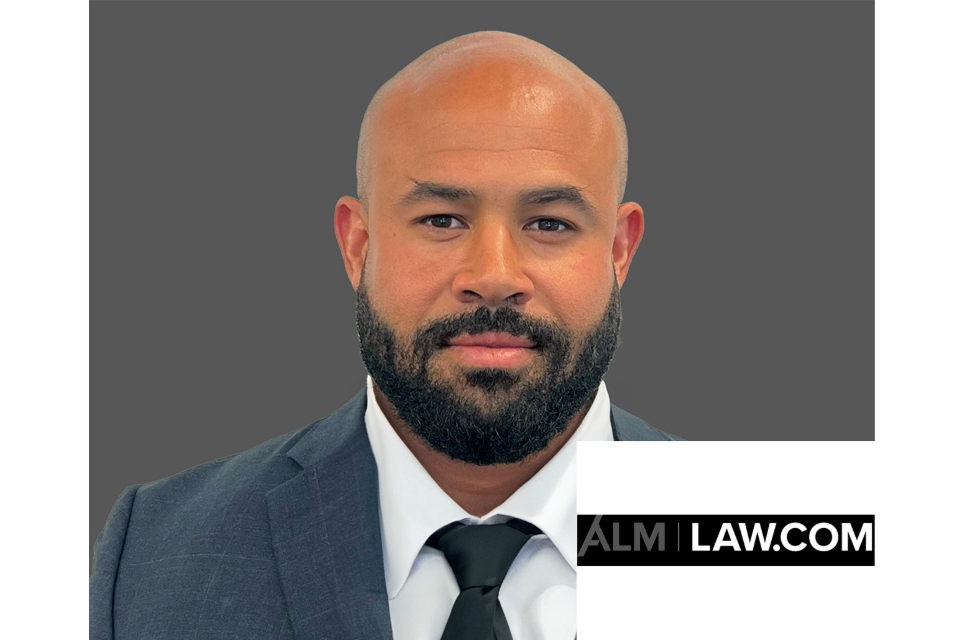



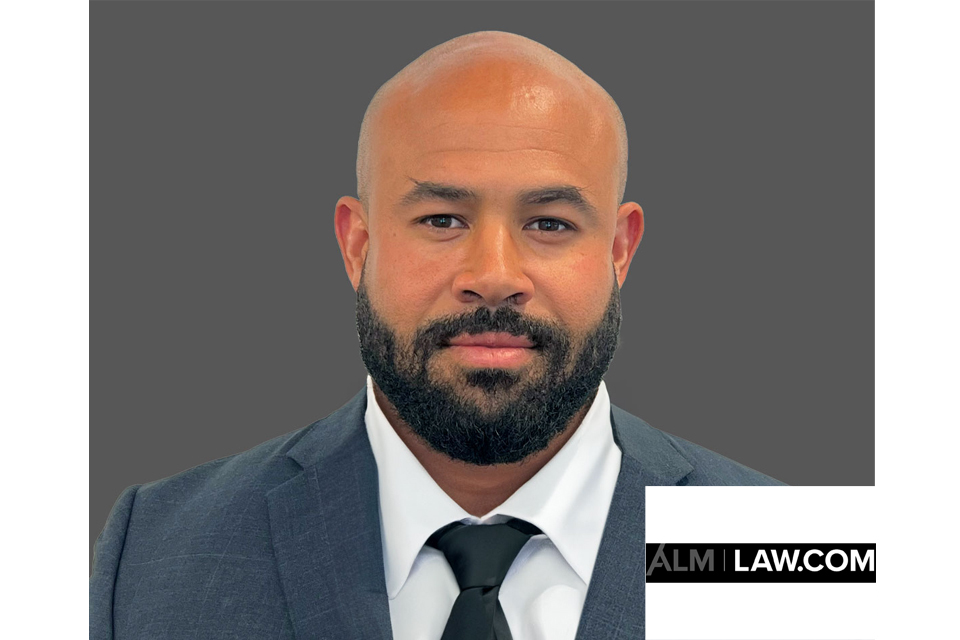





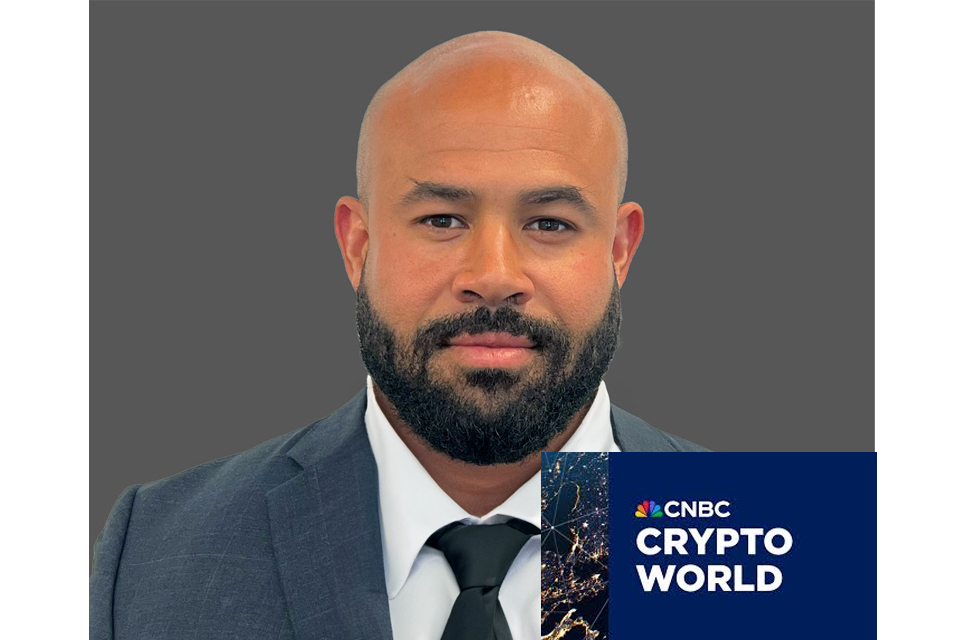



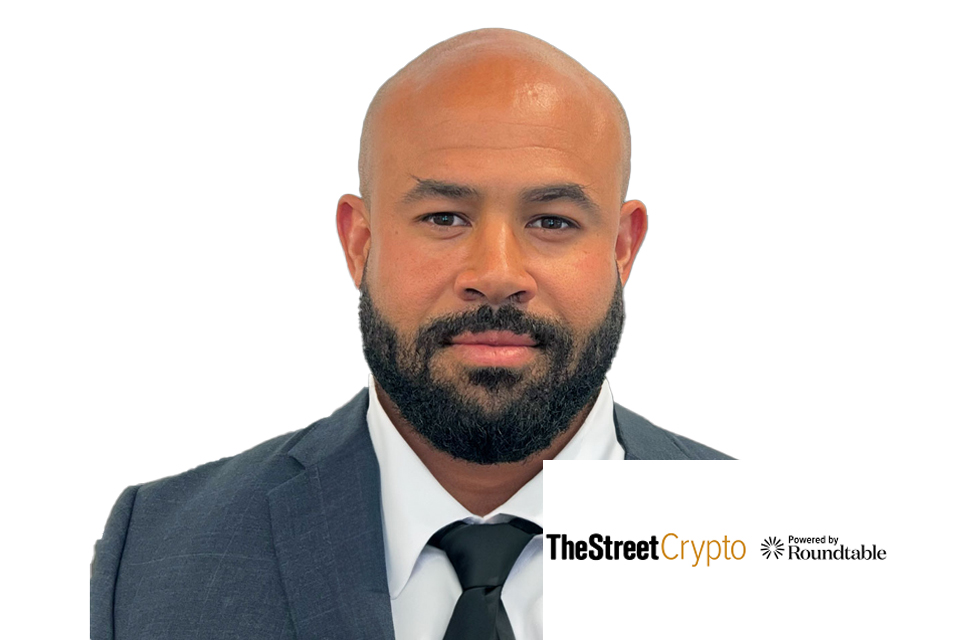












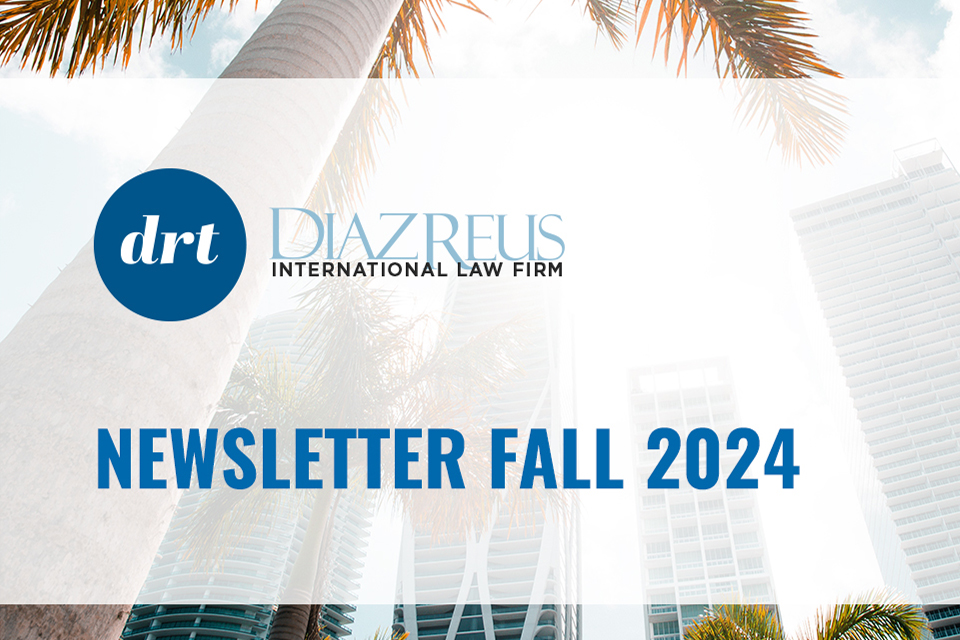





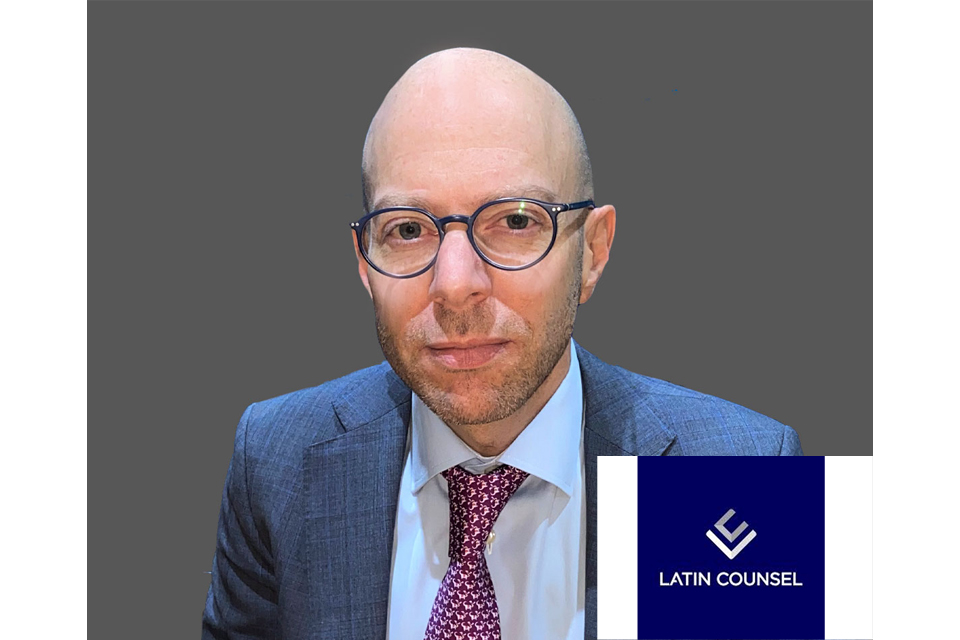






































![Especial abogados Salón de la Fama[61] 4](https://diazreus.com/wp-content/uploads/2023/06/Especial-abogados-Salon-de-la-Fama61-4-1-pdf.jpg)


























































































































































































